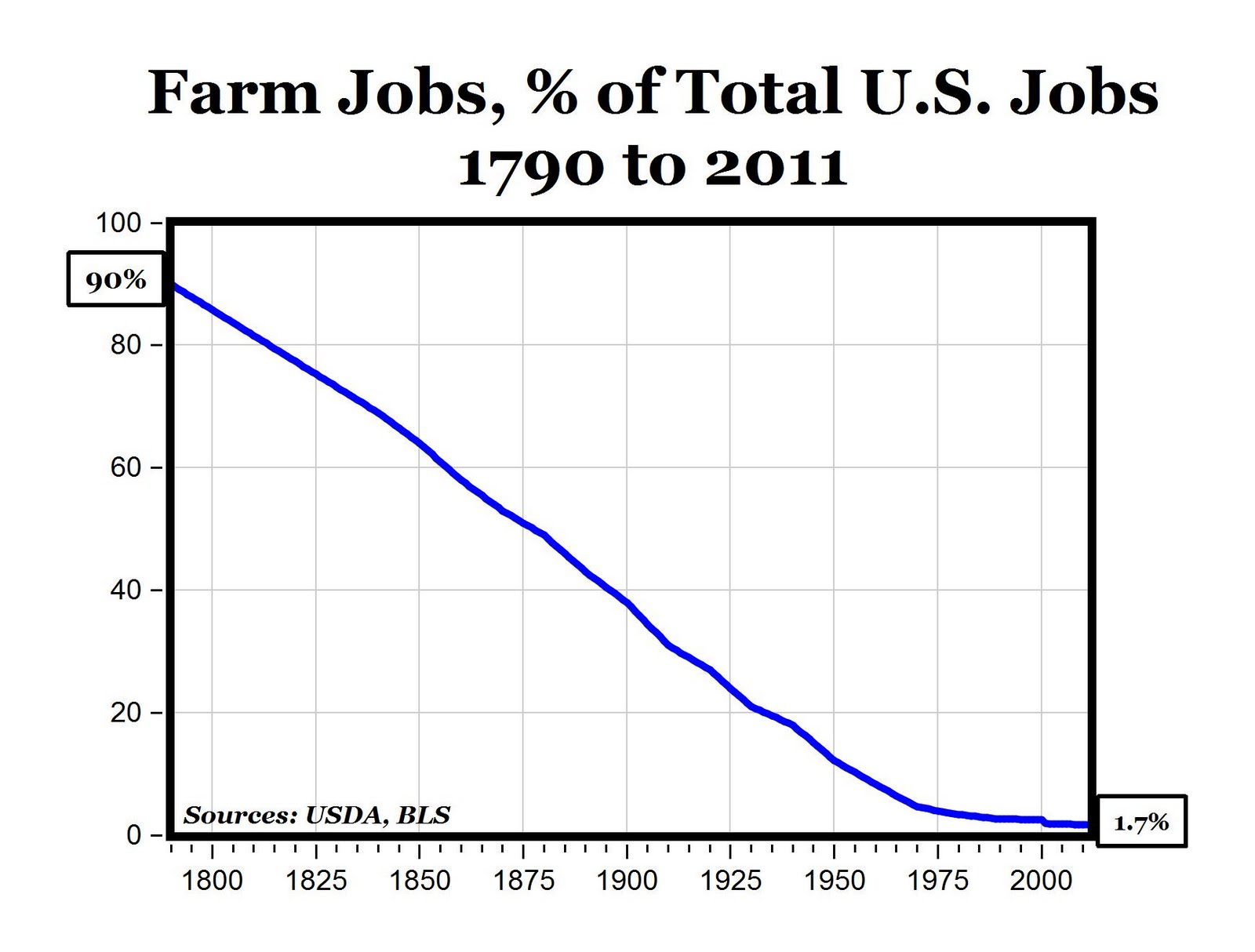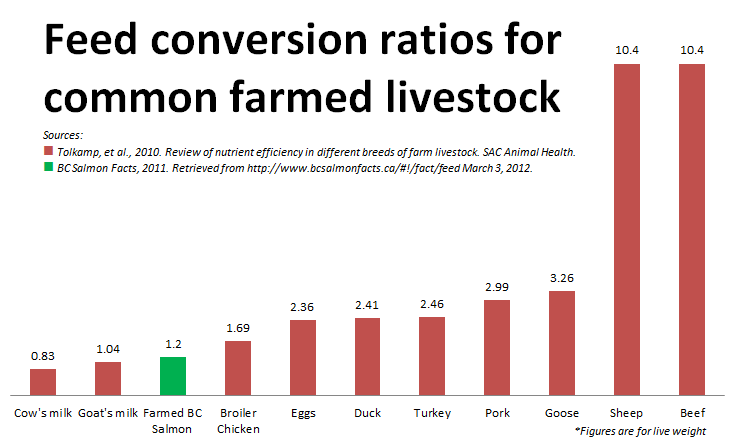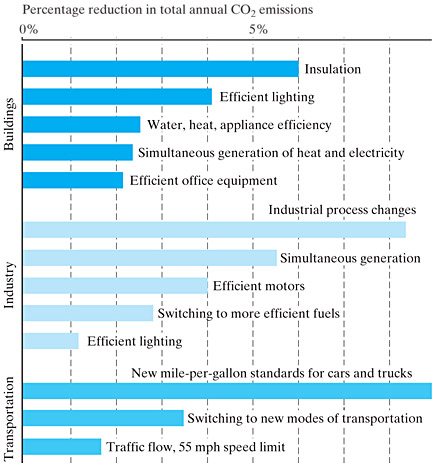The Global Calculator
...and some answers to the question, What can we do about global warming?
In response to the question What's one question you have after working through this exercise?:
It is not exactly a question, but there is just so much to take in. So many factors that contribute to carbon dioxide emissions.
Why does the category "transport" have the lowest effect?
Food has the highest impact??
Wait a second...
The energy that makes plants grow (through photosynthesis) is from sunlight. Sunlight is *free* and does not generate any $CO_2$ emissions.

Plants are "carbohydrates": They are full of complex chemicals containing carbon, hydrogen, oxygen, and many others in smaller amounts. But where do they get their carbon from??
From the atmosphere!
So we (animals too)...
- Eat plants,
- exhale carbon-dioxide into the atmosphere,
- But then plants take this carbon-dioxide out of the atmosphere.
So, we are part of "the carbon cycle". And the carbon we take in ultimately comes (via plants) from the atmosphere. So what we breathe out is just carbon-dioxide that used to be in the atmosphere already, and we're just putting it back... End of story!

In the developed world, it takes energy, [usually energy from fossil fuels],
in addition to free sunlight energy to grow and process food:

harvesting and farm machinery

transportation

inspection and regulation

Many farms do use manure as a fertilizer--from pigs or (in traditional Chinese agriculture) from humans.

But more common in this country are chemical fertilizers, which require fossil fuel inputs. So do pesticides and herbicides.
These uses of fossil fuels have made it possible for a few people to produce food for many--and for most of you to consider a career other than agriculture!

We can eat plant food directly,

Or plant food can be fed to animals, and we eat the animals and other animal products.

Much of the energy from the food that they eat goes to daily life needs (like our 2000 Calories / day), and not directly to protein.
Understanding the differences between animal proteins in terms of energy
Feed / food contains Calories--energy.
The Feed Conversion Ratio is $$\text{FCR}=\frac{\text{mass of feed}}{\text{mass of protein produced}}$$ This is a unit-less quantity.
FCR = 2 means that an animal needs to eat 2 kg of feed in order to produce 1 kg of protein. (Protein in the form of meat, mostly. Or in some cases, some other form of protein like eggs or milk...)
1.) If you're going to eat meant, and want to have the lowest environmental impact, should you eat high FCR or low FCR protein?

2.) Does methane contain chemical energy that can be released through combustion? (That is...does it *burn*?)
Let's say that:
- One kind of animal eats food (energy calories) and grows (produces protein) plus makes some methane gas.
- Another kind of animal eats food and grows, but produces no methane gas.
3.) Therefore, do animals that make methane as well as protein require more or less energy to make 1 kg protein than animals that don't make methane?
4.) Which kind of animals need to spend more (or less) energy each day just to stand around--that is support their weight against the pull of gravity? And which kind of animal requires the least energy to "fight" gravity?
What else can be done?
- "If you fix this, you fix a big piece of the climate puzzle", NYTimes, July 13, 2017
- Project Drawdown ranks solutions by total atmospheric reduction in Gt$CO_2$ equivalent.
- (Hobson) Implementing all of these suggestions would reduce U.S. carbon-dioxide emissions by 50%:

- A recent publication in Environmental Research Letters looked at Personal choices to reduce your contribution to climate change
- The political process could eventually decide on some sort of carbon tax or cap-and-trade system, or the "Carbon Fee and Dividend" scheme pushed by the Citizens' Climate Lobby might have multiple impacts on several of these areas at once.
The CCL has had a local chapter in Goshen--contact Paul Steury.
- Changing people's minds? In "This article won't change your mind" (The Atlantic, 2017)
Salmon Farm Science, MTSOfan, Raymond Clarke Images, USD Agriculture, The Digital Dropout, Ruocaled, Alistair Paterson, Lino Petito, Weitz.com Twisted Times, A Pattern Language... by Christopher Alexander